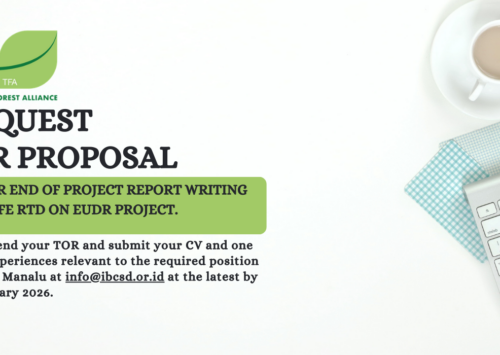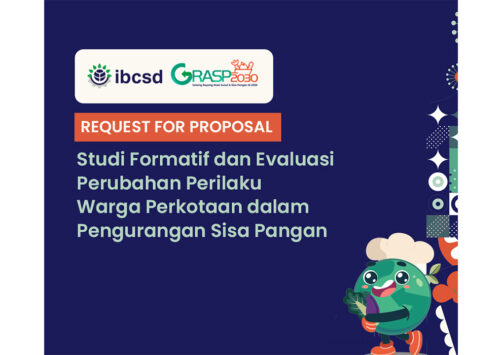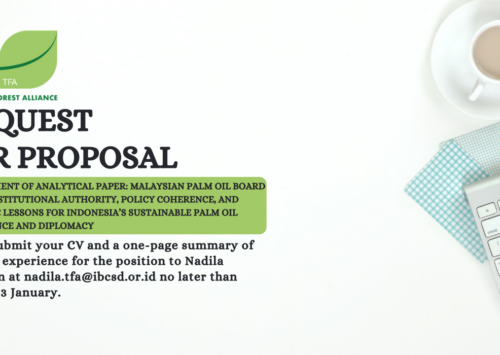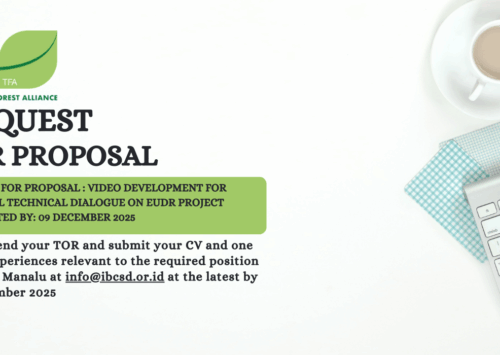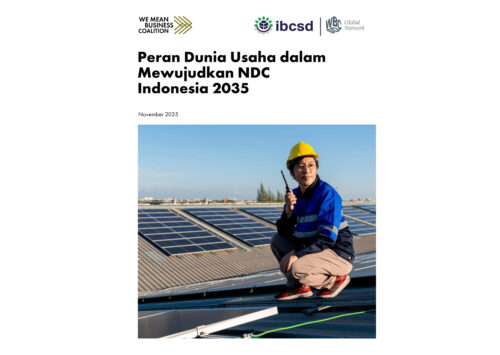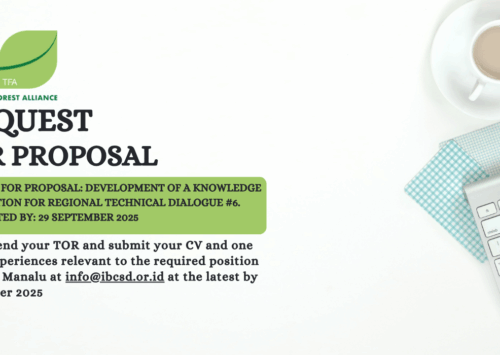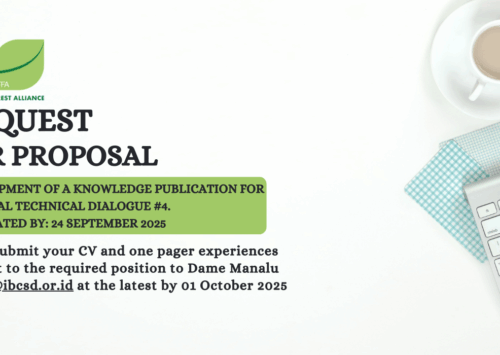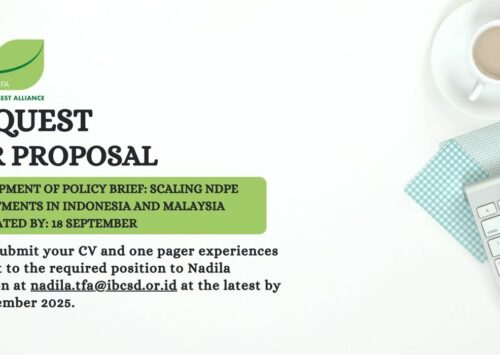APRIL Group, a sustainable pulp and paper producer based in Pangkalan Kerinci, Riau Province, also has a women’s empowerment program, one of which is by establishing the Andalan Batik House where APRIL empowers more than 70 housewives to increase their income through batik. APRIL has also encouraged one village one commodity (OVOC) activities since 2014 by providing sustainable agricultural training for communities around its operational areas, including female farmers.
“At APRIL, women’s participation is carried out at all levels within our internal and supply chain. We also encourage various community programs that can improve people’s lives in a sustainable manner in line with the goals of sustainable development goals,” said Anita Bernardus, Deputy Director of Corporate Communications for APRIL Group.
This private sector initiative shows that efforts to promote gender equality and empower women are showing improvement over the years. However, there are still real challenges that must be faced together by the government, business sector and society. From the report on the achievement of SDG 5 regarding gender equality in Indonesia in 2019, it was noted that 18.3% of women who were / were married experienced physical and / or sexual violence from their partners during their lifetime. In fact, 4.9% experienced it in the last 12 months. This violence against women occurred both in urban areas (36.3%) and also in rural areas with a relatively smaller percentage (29.8%).
The Covid-19 pandemic, which has caused distortions in almost all sectors of life, has also had a double negative impact on women. The integrated service center for the empowerment of women and children (P2TP2A) and Komnas Perempuan recorded an increase in cases of violence against women by 75 percent since the COVID-19 pandemic. Cases of violence against women occurred both in the personal sphere (75.4%), the community domain (24.4%) and the state domain (0.08%).
The increase in cases of violence against women during the difficult times of the Covid-19 pandemic still reveals there is vulnerability to our achievements on gender equality and women’s empowerment. We need to educate ourselves constantly to ensure gender equality and empowerment women are deeply rooted in our mindsets, actions and culture.
“For young women, the most important thing is we liberate our mind. Never feel confined because we feel like women. So the first is to free our minds on our limitations as women, “said Susi Pudjiastuti, Minister of Maritime Affairs and Fisheries, Republic of Indonesia 2014-2019.
Susi added, “It’s true that our physical strength is not as strong as them (men), but liberate our mind that our thoughts, our ability to work, our professionalism certainly can. So first of all, free our minds from all the limitations for women. “
Apart from Susi Pudjiastuti and two speakers from the private sector, there were also Ayu Kartika Dewi, Special Staff for the President for Social Affairs who is also the Managing Director of the Indika Foundation; and Risya Kori, UNFPA Gender Specialist and Ignasius Praptorahardjo, UNFPA Researcher.
This webinar is the first webinar in a series of webseries held by IBCSD with the main theme SDGs. Next, IBCSD will still hold a webinar on the theme SDGs and Youth, followed by the theme Education. A number of well-known speakers have been prepared to fill in this webinar series. This series of webinars was also marked with the #DEMIBUMI photography contest which was held on the @IBCSD_official Instagram account, with a total prize of millions of rupiah.
